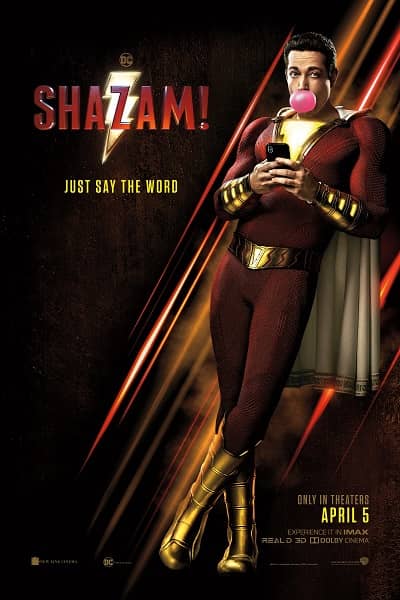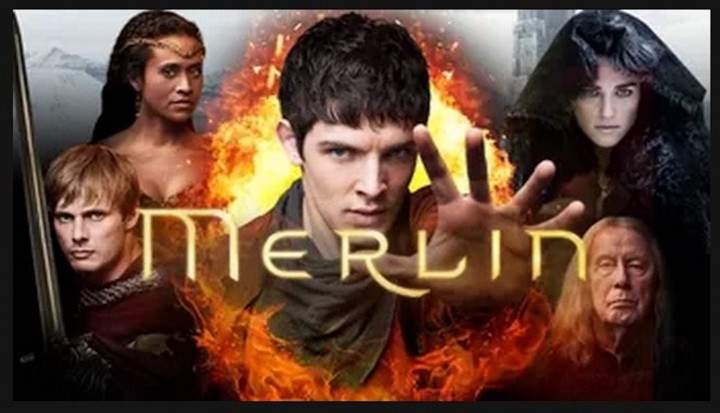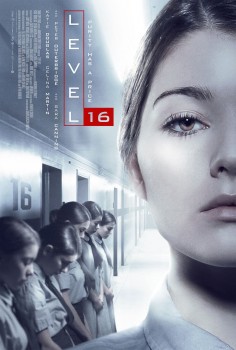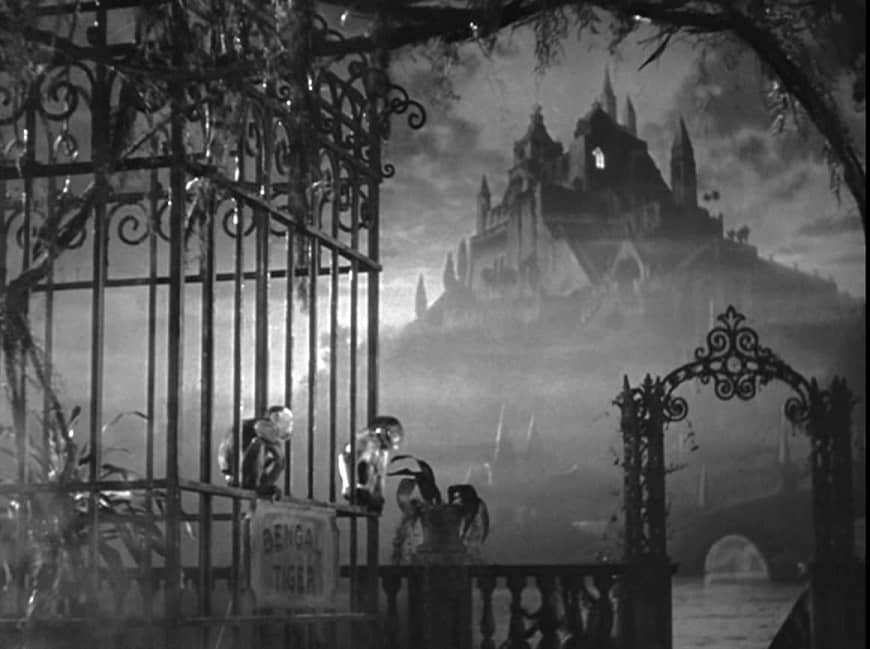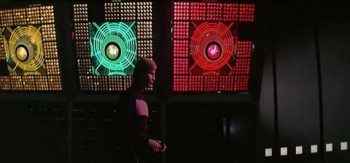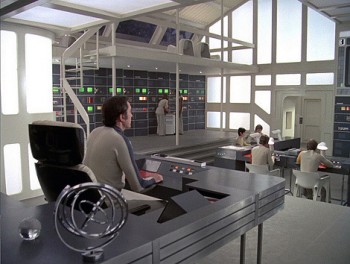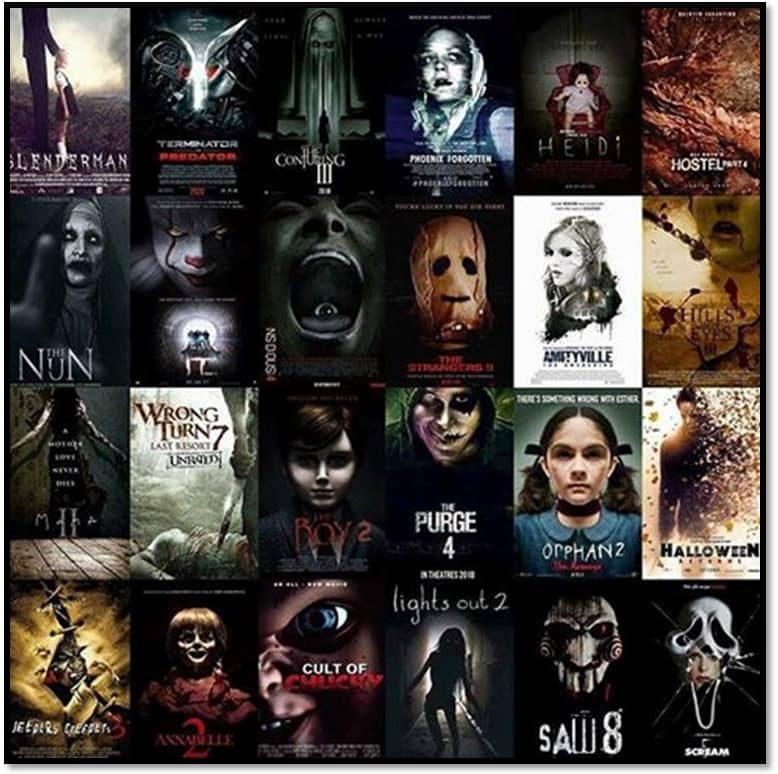The Golden Age of Science Fiction: 2001: A Space Odyssey
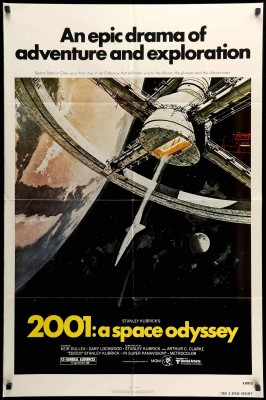 |
 |
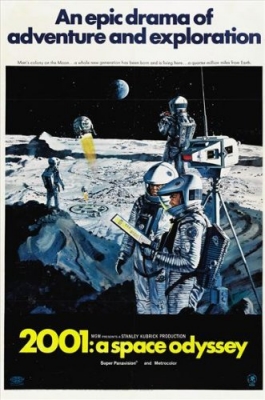 |
The Balrog Award, often referred to as the coveted Balrog Award, was created by Jonathan Bacon and first conceived in issue 10/11 of his Fantasy Crossroads fanzine in 1977 and actually announced in the final issue, where he also proposed the Smitty Awards for fantasy poetry. The awards were presented for the first time at Fool-Con II at the Johnson County Community College in Overland Park, Kansas on April 1, 1979. The awards were never taken particularly seriously, even by those who won the award. The final awards were presented in 1985. The Film Hall of Fame Awards were not presented the first year the Balrogs were given out, being created in 1980. The SF Film Hall of Fame was given to two films each in its first and final years.
Filmed by Stanley Kubrick and based on several short stories by Arthur C. Clarke, 2001: a space odyssey was released to theatres in April of 1968, it was nothing like the B science fiction films which preceded it. Kubrick, guided by Clarke, attempted to make a realistic portrayal of space flight, even if it did have an ending that would appeal to the drug culture of the period.


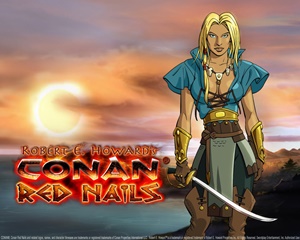 In Keith J. Taylor’s entry
In Keith J. Taylor’s entry
